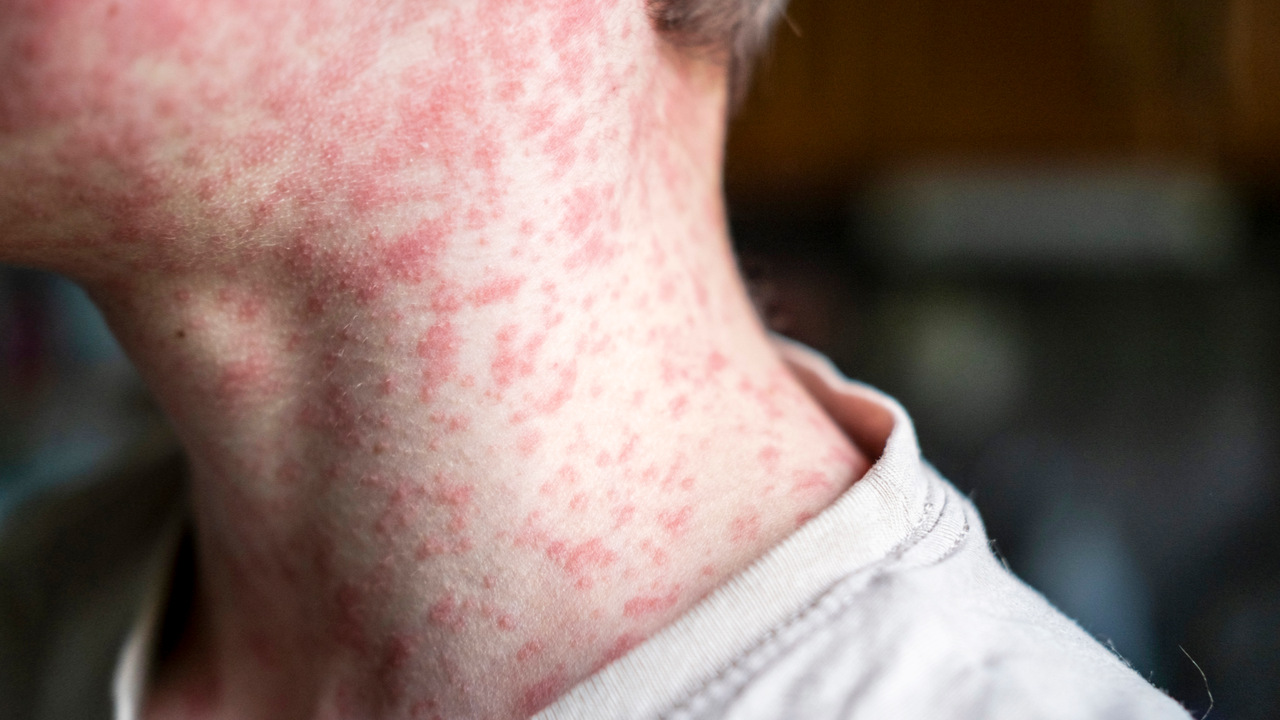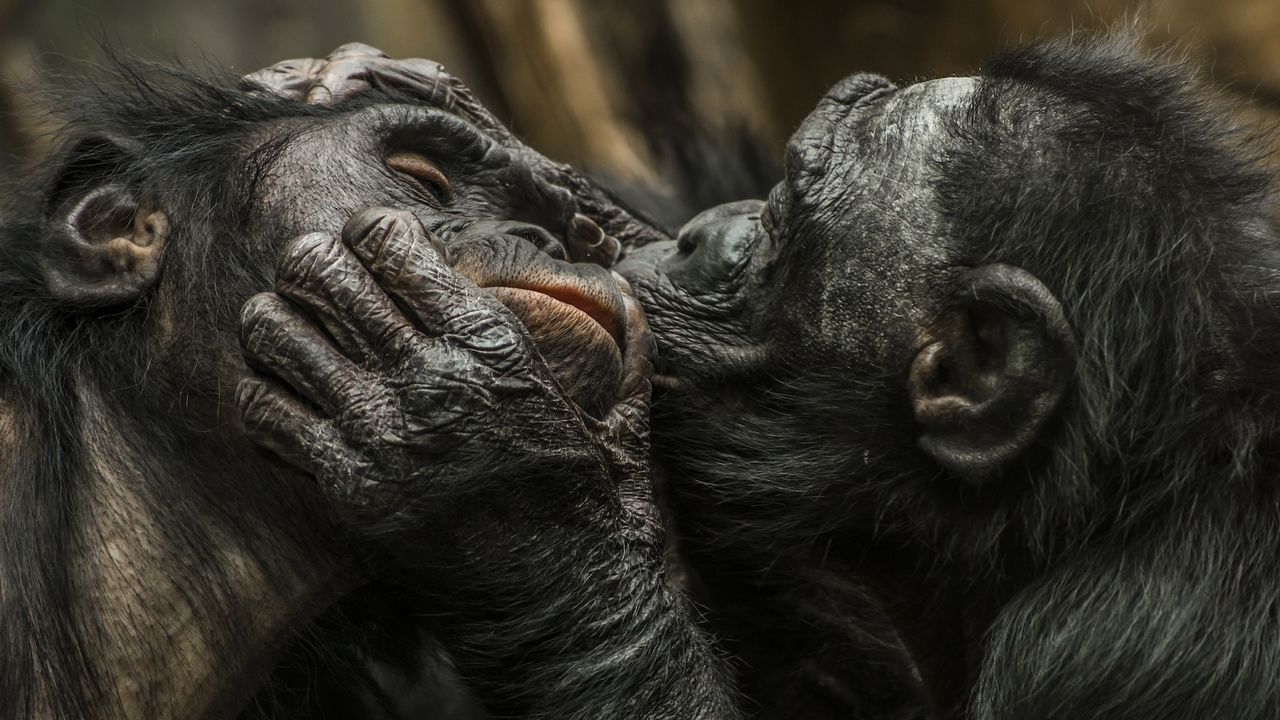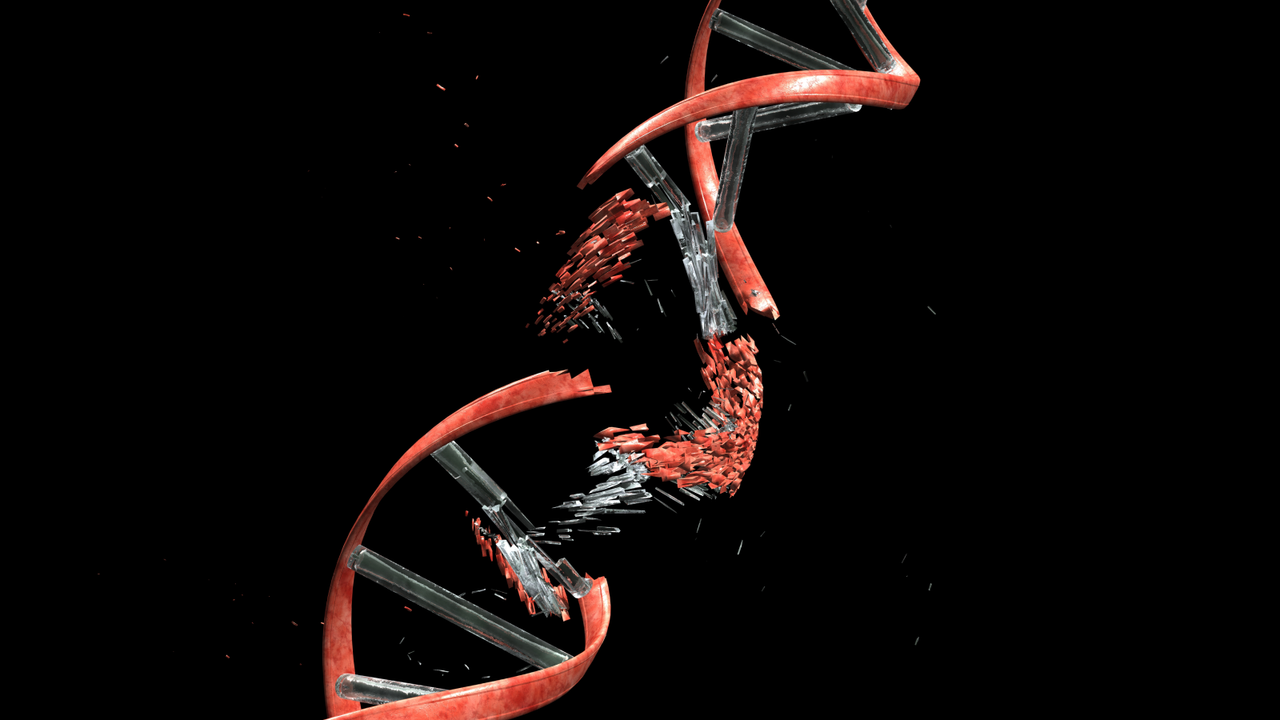Human trash is 'kick-starting' the domestication of city-dwelling raccoons, study suggests
PositiveScience

- Urban raccoons are exhibiting shorter snouts, a trait linked to early domestication, as they adapt to environments influenced by human presence.
- This adaptation may signify a significant evolutionary shift for raccoons, reflecting their increasing reliance on human habitats for food and survival.
- The findings highlight broader themes of urban wildlife adaptation, raising questions about the impact of human activity on animal evolution and the dynamics of coexistence in urban ecosystems.
— via World Pulse Now AI Editorial System


